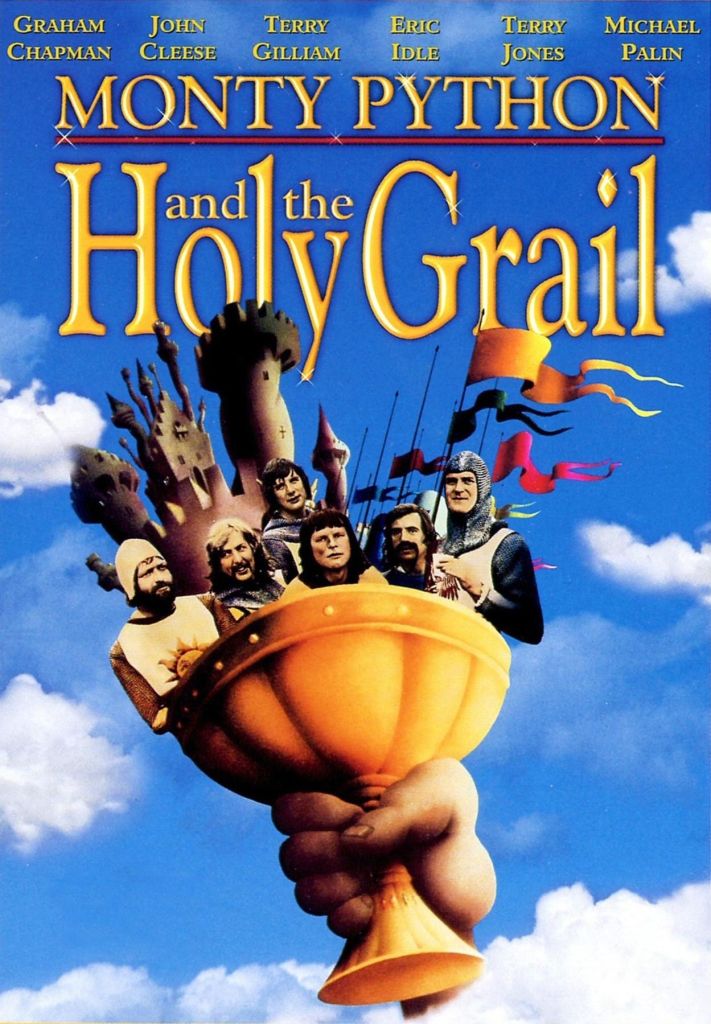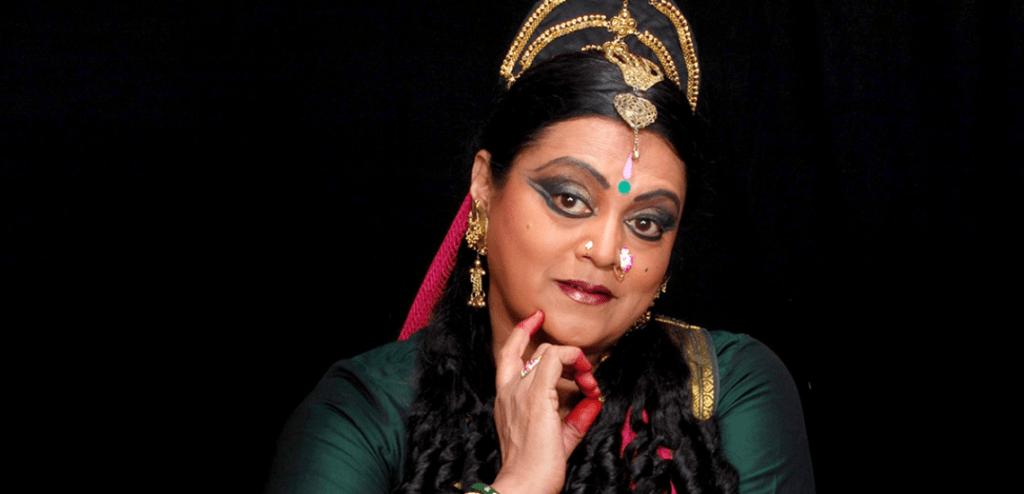
[This weekly review is co-authored with SpicyIP Intern Yashna Walia. Yashna is a fifth-year law student at UILS, Panjab University, Chandigarh. Her area of interest lies in IP and corporate law.]
Last week saw blogposts on the history of the Berne Convention, data questioning whether patent filing and grant numbers tell the full story, and criticism of the EPOs patent grants. We also came across the Delhi High Court orders on the interplay between the Patents Act and the Competition Act, and on the inheritability of personality rights. Hope you enjoy the SpicyIP Weekly review!
Anything important we’re missing out on? Drop us a comment below!
Highlights of The Week

In this guest post, Achille Forler takes us on a journey through the debates and discussions over the rights of authors from the 18th century, and how they contribute to creating the Berne Convention.
Patent filings and grants are at an all-time high in India. But who are the parties filing these patent applications? And are these granted patents commercially worked in India? Looking for an answer, Swaraj, Praharsh, and Anshuman explore the data from the Indian Patent Office’s annual reports in their post.
Other Posts
EPO Decisions – The Not So Holy Grail?

The European Patent Office (EPO) is facing questions over the declining quality of its patents, with industry bodies raising concerns that the EPO is granting patents too easily, without thorough search and examination. Considering that the patents granted by the EPO seem to hold persuasive value before Indian courts as well, is this a wake-up call for viewing them as the gold standard? Read Niyati’s take on this issue.
Case Summaries
Calcutta High Court restrains the defendant from infringing the unregistered trademark of the respondent
Case: Usco S.P.A. And Anr vs Twin Parts Pvt. Ltd. And Ors on 3 July, 2023 (Calcutta High Court)
In a dispute concerning allegations of infringement and passing off, the Calcutta High Court has passed an interim injunction order holding that the defendant has prima facie infringed the plaintiff’s unregistered “USCO” mark. The plaintiff is the registered proprietor of the mark “ITR” and has “USCO” as its corporate name. The defendants are sister concerns where one is the proprietor of the mark “USCO” and the other is a former distributor of the plaintiff’s ITR goods. Earlier one of the defendants had applied to register the mark “IITR” but after the same was objected, consequent to which they amended the application and got “USCO” registered instead. The court held that though the mark ‘USCO’ is not registered by the plaintiff, its goods were available in the market under “ITR” mark in association with “USCO” mark and the plaintiff is the prior user of the mark. Relying on Specific Relief Act, (Section 36-39), the court emphasized that the plaintiff was able to establish a prima facie case for an injunction and held that the defendant’s adoption of the mark was not bona fide.
Delhi High Court grants permanent injunction against the use of ‘sattadream11’ mark
Case: Sporta Technologies Pvt. Ltd. vs Unfading Opc Private Limited on 7 July, 2023 (Delhi High Court)

The Delhi High Court decreed the suit in favour of the plaintiff and granted them a permanent injunction. The dispute was over the defendant’s use of the mark “sattadream11” and the domain name http://www.sattadream11.com. The court held that the impugned mark and domain name is a mala fide attempt to ride on the goodwill of the Plaintiff’s ‘Dream 11’ mark and observed that websites with similar-sounding names could be presumed to be affiliated. Earlier an ex-parte interim injunction was granted to the plaintiff and since the defendant did not file any written statements, the court decreed the suit as per the terms of the plaint.
Considering the undertaking filed by the defendant, Delhi High Court restrains them from manufacturing Crizotinib
Case: Pfizer Inc & Ors. vs West-Coast Pharmaceutical Works on 10 July, 2023 (Delhi High Court)
The plaintiff filed a suit for permanent injunction restraining the defendants from infringing their patents for Palbociclib and Crizotinib. It was alleged that the defendant had listed these products as ‘available for manufacture and sale’ on its website. The defendant argued that they had procured permission from the Drugs Authority for manufacturing these medicines, without the knowledge of the patents. The defendants also gave an undertaking stating that had they known about the patents, they would not have manufactured the product and they have already filed for cancellation of product permissions. The undertaking also stated that they have never manufactured Palbociclib or Crizotinib products. Considering the above, the court decreed the suit and since the patent in Palbociclib had already expired, the court restrained the defendant from manufacturing or selling any ‘Crizotinib’ pharmaceutical preparations.
Delhi High Court clarifies that personality rights are not heritable, refuses to injunct film based on the life of the late actor Sushant Singh Rajput
Case: Krishna Kishore Singh vs Sarla A Saraogi & Ors. on 11 July, 2023 (Delhi High Court)

The father of actor Sushant Singh Rajput filed an application against the continued streaming of the film allegedly based on the life of the late actor. It was alleged that the impugned film was produced without obtaining the necessary permissions from his legal representatives and that it misuses the plaintiff’s name and image thereby infringing his personality rights. The plaintiff further argued that he was the lawful successor to the personality rights of the late actor. The court, however, dismissed the application holding that the impugned film was based on information in the public domain and clarified that the publicity and privacy rights are not heritable and died with the late actor.
Delhi High Court clarifies that Patents Act will prevail over the Competition Act in disputes involving the exercise of rights by a patentee
The court was dealing with four appeals and a writ petition which raised the common issue- whether the Competition Commission of India can inquire into the actions of the patentee under the Competition Act? The appeals and the petition were stemming from a bunch of interventions by CCI against Ericsson on the issue of fixation of licensing rates on FRAND terms and against Monsanto on the issue of charging high royalties. The appellants (Monsanto and Ericsson) primarily contended that the power of enquiring into anti-competitive licensing of patents lies either with the Controller or the Civil Court u/s 84(7) (c) read with section 140(1)(iii)(c) of the Patents Act where the relevant remedies are prescribed. Allowing the appeal, the court held that the Competition Act is a general legislation pertaining to anti-competitive agreements and abuse of dominant position. However, the issue here is that of abuse of dominant position and anti-competitive agreements by a patentee in the exercise of its rights under the Patents Act, and thus here Patents Act becomes the special legislation, prevailing over Competition Act by application of the maxim generalia specialibus non derogant (General law will not override special law.)
In a copyright dispute between Kuchipudi dancer Swapnasundari and her student, the Delhi High Court holds that District Judge (Commercial Court) has the jurisdiction to hear the dispute
Case: Yashoda Thakore vs Kuchipudi Dance Centre And Ors on 12 July, 2023 (Delhi High Court)

A petition was filed under Article 227 of the Constitution against the order of the District Judge (Commercial Court), challenging the jurisdiction of the court to hear the matter. The suit was filed in Delhi by Swapnasundari, a renowned Kuchipudi dancer, against one of her students alleging copyright infringement by performing a dance item in St. Petersburg. The Commercial Court relied on Ultra Homes v. Purshottam Choubey to hold that respondent no. 2 can institute the suit in the place of their business. However, the petitioner argued that Ultra Homes decision is per incuriam and that Section 62 of the Copyright Act will not apply in view of Section 6 of the Commercial Courts Act, 2015 r/w Section 20(3) of the CPC. The court rejected the application and clarified that in Ultra Homes and Indian Performers Right Society orders the courts have held that Section 62 of Copyright enables the plaintiff to institute the suit in the place of its residence or business in addition to venues u/s 20 of CPC.
Other Developments
International Developments
- SEO Powered Content & PR Distribution. Get Amplified Today.
- PlatoData.Network Vertical Generative Ai. Empower Yourself. Access Here.
- PlatoAiStream. Web3 Intelligence. Knowledge Amplified. Access Here.
- PlatoESG. Automotive / EVs, Carbon, CleanTech, Energy, Environment, Solar, Waste Management. Access Here.
- BlockOffsets. Modernizing Environmental Offset Ownership. Access Here.
- Source: https://spicyip.com/2023/07/spicyip-weekly-review-july-10-july-16.html



